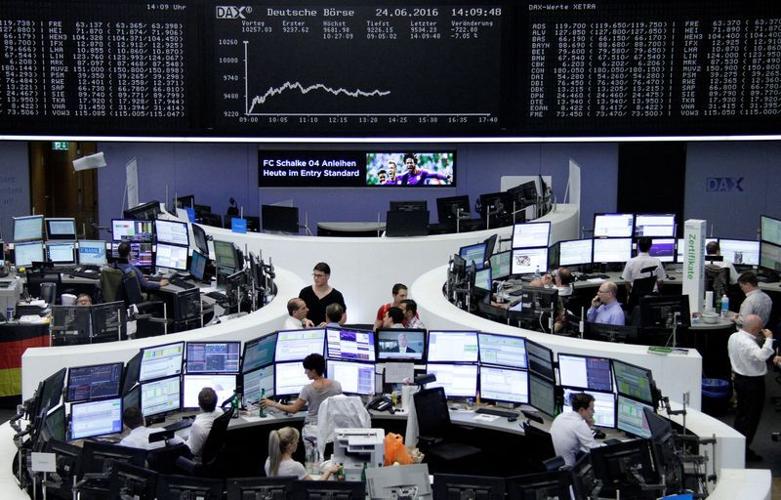A rally in Asian shares sputtered on Thursday, pressured by a pullback in Chinese stocks and higher U.S. yields amid fears the Federal Reserve will keep raising interest rates to combat sticky inflation.
European markets are likely to open flat, with pan-region Euro Stoxx 50 futures largely unchanged, as caution set in ahead of the release of European inflation data for February.
Median forecasts are for an annual figure of 8.2%, but risks are on the upside following surprises from France, Spain and Germany.
In Asia, MSCI's broadest index of Asia-Pacific shares outside Japan (.MIAPJ0000PUS) lost 0.4%, unwinding some of the 2.1% gain in the previous session - the index's best day in two months. Japan's Nikkei (.N225) was largely flat.
Hong Kong's Hang Seng Index (.HSI) retreated 0.8%, after registering its biggest daily gain in nearly three months on Wednesday when it jumped 4.2% on the back of unexpectedly robust readings from China PMI surveys.
China's annual meeting of the National Party Congress may provide more stimulus clues when it kicks off this weekend to set economic targets and elect new top economic officials.
"Financial markets are caught between the two narratives of a softer landing, helped by China's reopening, and sticky inflation keeping policy rates higher for longer," said Chris Turner, global head of markets at ING.
"That will probably keep bond markets on the back foot and FX markets volatile in ranges."
S&P 500 futures fell 0.5% and Nasdaq futures were off 0.6%, pressured by a 5.5% drop in Tesla shares (TSLA.O) in after-hour trading. The company will cut vehicle assembly costs by half in future generations of cars, but Chief Executive Elon Musk did not unveil a much-awaited small, affordable electric vehicle.
Overnight, both bonds and shares took a battering, as inflation indicators from Germany and the United States reinforced expectations interest rates would go higher and stay there for longer.
Germany's 2-year government bond yield rose to its highest since October 2008.
In the United States, manufacturing activity contracted for a fourth straight month in February, but a gauge of prices for raw materials increased last month, stoking concerns that inflation would remain stubborn.
"The PMI manufacturing data provides a mixed message for global risk appetite, with improving growth trends positive, but lower output prices stalling out," said Alan Ruskin, macro strategist at Deutsche Bank.
Benchmark 10-year Treasury yields hit a fresh four-month high of 4.028%, while two-year yields also advanced to 4.9310%, a fresh 15-year high.
Investors still mostly foresee the Fed raising rates by 25 basis points at its next meeting later this month, but expectations of a larger 50 basis points hike have increased. The probability that the Fed's policy rate, currently set in the 4.5% to 4.75% range, could peak above 5.5%, stood at 53%, compared with 41.5% on Feb. 28, according to CME Fed tool










